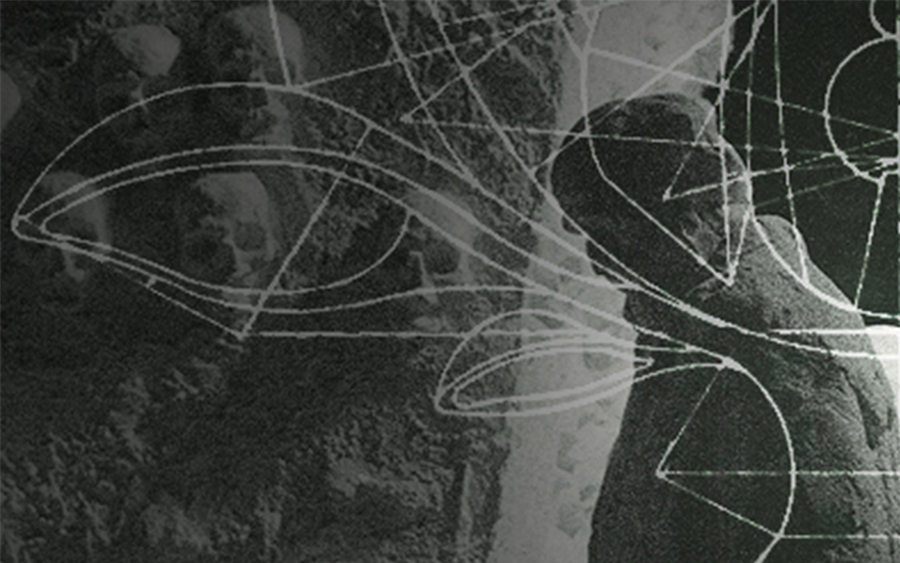Monuments’ Biographies – The Case of Jasenovac
We cordialy invite you to the public lecture „Monuments’ Biographies – The Case of Jasenovac“ by the historian Heike Karge, PhD which will be held at the Goethe Institute in Zagreb (Ulica Grada Vukovara 64) on Friday, June 3rd 2016 at 12:00 pm.
The event is organised as part of the programme Heritage in focus on the occassion of the 55th anniversary of the Instute of Art History in Zagreb. Guest lecture is supported by the Goethe Institute Croatia, and will be held in English language.
-
Monuments’ Biographies – The Case of Jasenovac
The lecture discusses the coming-into-being of the lieu de mémoire Jasenovac. It will start in the early 1950s, that is, a decade before Bogdanović’s “Stone Flower” was finally erected. Jasenovac, as I will show, was an unwieldy memory space. Not only did Jasenovac interfere with the officially propagated narrative of “brotherhood and unity” and the “socialist revolution”. The more, its tabooed number of victims was to delay and to shape the artistic and architectural expressions of every draft to a Jasenovac memorial during the 1950s and 1960s – the unrealized as well as the finally realized ones. The lecture will discuss the different actors involved in the “birth” of the memory space Jasenovac. Besides central and local branches of the War Veterans Union, these involved also artists, commissions of former prisoners or monument protection services. Analyzing the coming-into-being of the memory space Jasenovac at different levels of the Yugoslav society, from the local to the central, I aim to show that despite the unilateral “control over meaning” that was projected by the political elite of the Communist Party, remembrance practices allowed for many and very diverse forms of social exchange, communication and negotiation. Approaching the culture of collective war remembrance in Yugoslavia from this angle can highlight aspects of agency and creativity of certain actors who operated not necessarily against, but often as part of or beyond political elites.
-
Heike Karge is Assistant Professor at the Chair for Southeast and East European History, University of Regensburg. She earned her PhD in 2006 at the European University Institute in Florence with research into Second World War memory cultures and practices in socialist Yugoslavia (Sećanje u kamenu – okamjeno sećanje? Beograd: Biblioteka XX Vek, 2014). Her main research interests are in the field of cultural and social history of the 20th century in Eastern and Southeastern Europe. Currently she is working on her second book exploring the history of soldiers’ mental breakdown in war in the Yugoslav societies from World War One onwards.
-
Contact: Sanja Horvatinčić
